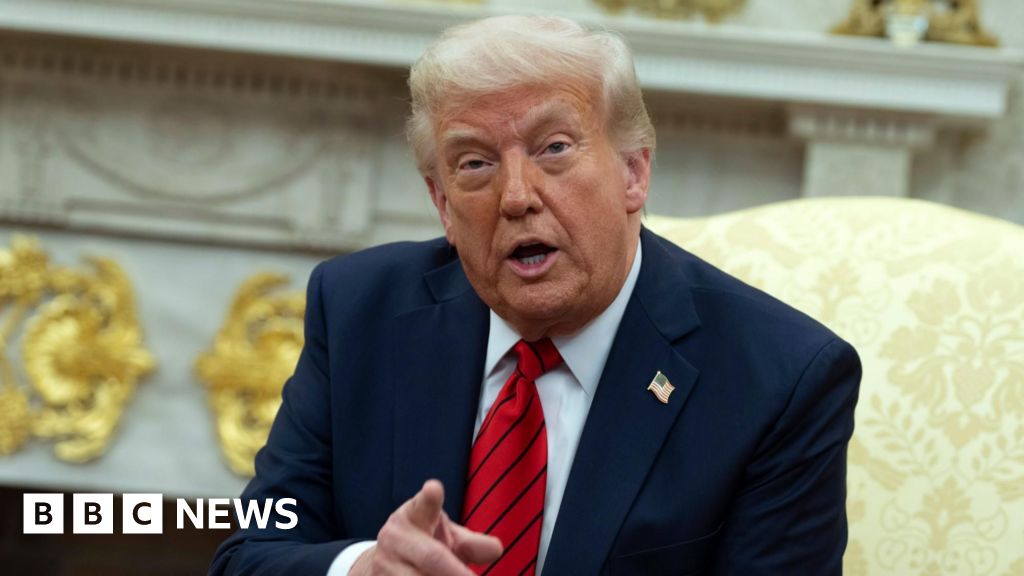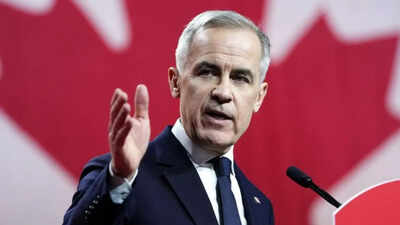U.S. Secretary of State Raises Concerns Over Ukraine Peace Efforts

In a sobering address delivered on Friday, Secretary of State Marco Rubio made a striking statement regarding the ongoing conflict in Ukraine, saying, If it is not possible to end the war in Ukraine, we need to move on. His comments came as he was preparing to depart from a significant conference of allied nations held in Paris, where discussions were focused on the future of international relations and cooperative security.
Rubio's remarks underscore a growing sense of urgency and frustration as the cease-fire agreement one that former President Trump famously asserted he could secure in just 24 hours appears increasingly out of reach. The statement raises pressing questions about the United States' strategy in navigating the stalled negotiations with Russia and the potential consequences if these discussions collapse entirely.
As the situation develops, it remains unclear if Rubio and Trump intend to withdraw from active engagement in the peace process or if they plan to scale back their support for Ukraine itself. Rubios warning that its not our war, coupled with his assertion that we have other priorities to focus on, hints at a pivot in U.S. foreign policy that could prioritize domestic issues over international commitments.
This shift in stance could be further illuminated by Trumps earlier interactions with Ukrainian President Volodymyr Zelensky during a meeting in the Oval Office back in February. During that encounter, both Trump and Vice President JD Vance expressed their frustrations, signaling a significant degradation in the three-year partnership between Washington and Kyiv. This relationship, which was once characterized by strong military and economic support, now hangs in the balance as the U.S. reassesses its priorities.
The ongoing war in Ukraine has not only strained U.S.-Russia relations but has also impacted global economies and security frameworks. As the conflict drags on, nations around the world are left to ponder the implications of a potentially diminished American role in European security, particularly as the ramifications of the war continue to unfold.
As the situation evolves, international observers will be closely analyzing the ramifications of Rubio's comments and the broader implications they may have for the future of U.S. foreign policy and its commitment to allies in the region.





























